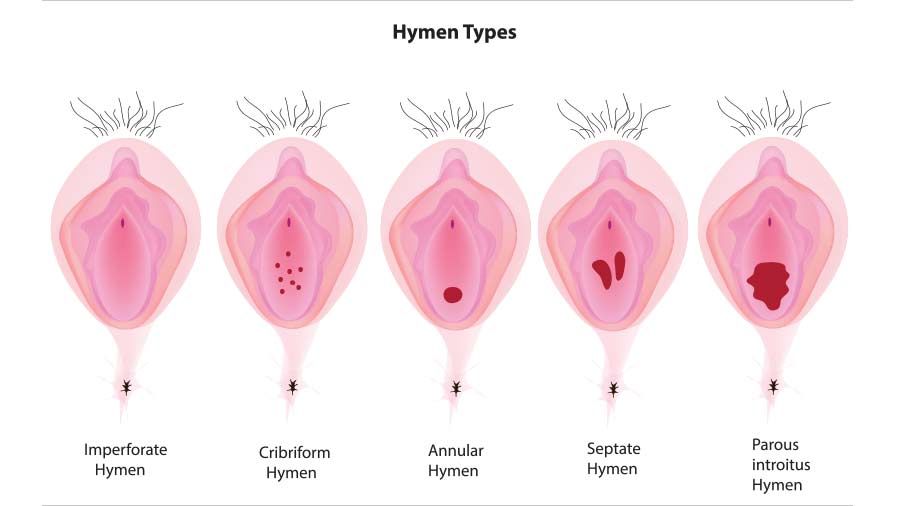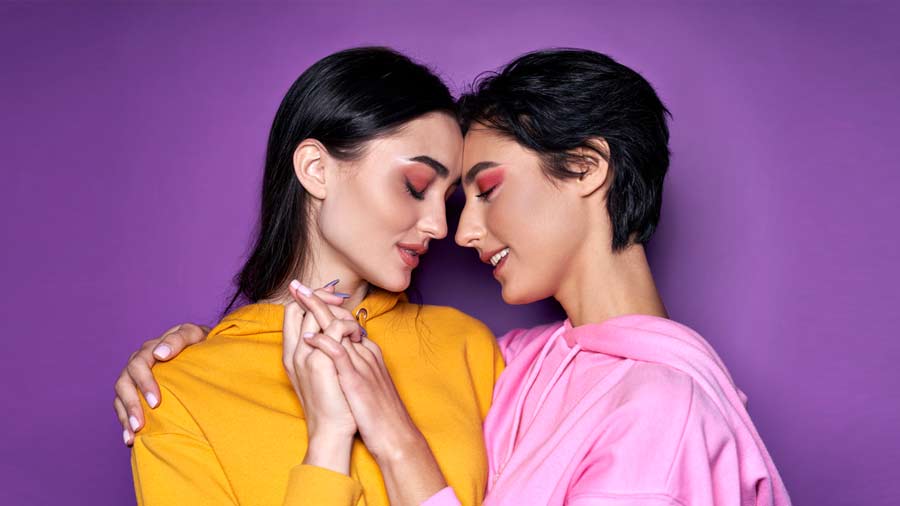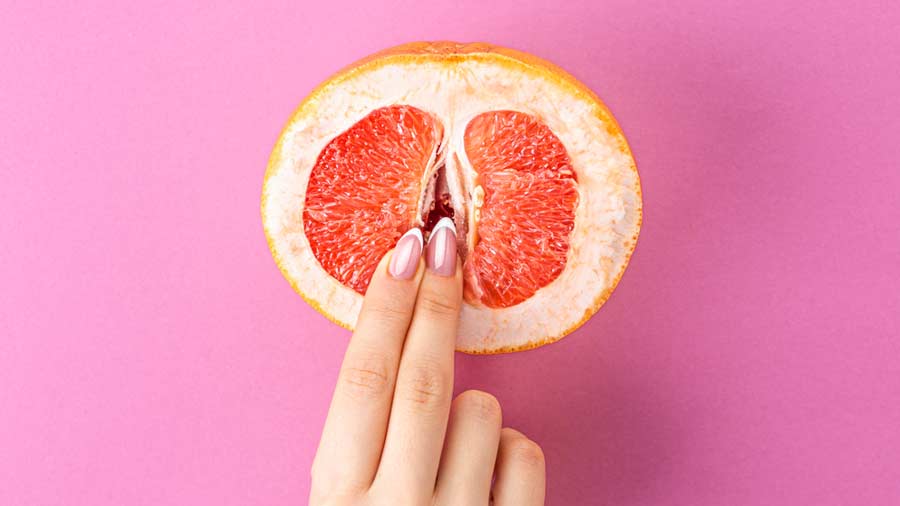I'm a 29-year-old woman and I am still a virgin. It feels like all my friends have already had sex and I'm feeling a bit of pressure. I know I’m probably well past the right age to lose my virginity, but I am still nervous about whether it will hurt and whether my future husband may find out if I had premarital intercourse. I also want my first time to be meaningful. Any advice on how to deal with this?
-Anxious “Amrita”
Dear Anxious Amrita,
It can be so difficult to feel like you are alone at any point of your sexual journey, and I promise you, everyone has felt alone at some point or the other. It is completely valid to feel what you are feeling, and I am sure you are not alone.
Damned if I do, damned if I don’t
Let’s begin by unpacking what virginity is in the first place. Virginity is a socially constructed idea, informed by culture and/or religion, to state that those who have never had sex before are virgins or “pure”. Virginity is especially used to perpetuate the idea that sex outside the context of giving birth is “wrong” and is often used as a tool to control people’s bodily autonomy (especially with women). Whether sex outside of marriage or giving birth is okay or not is a very personal choice. Regardless of what religion or culture may dictate, people have to figure out when they feel most ready for themselves.
While virginity can be important to all genders, the way it plays out can differ. Cis women and nonbinary folk especially get the short end of the stick — any age is either “too old” or “too young.” Any time a woman says she has sex, there will likely be some people who will either call her a prude for never having sex/not having enough sex, or there will be people who call her a slut. Where those boundaries of “too much” or “too little” are drawn is completely random and subjective. For men, there is a lot of pressure to have to want sex, and to have to have sex by a certain age. However, people of all genders can be ready or not ready to have sex at various ages.
The right age for you is the right age
What age you have sex for the first time doesn’t matter as much as whether you are comfortable when you decide to do it. There are many reasons someone may choose to have sex —including pleasure, procreation, intimacy, exploration, curiosity — and there’s no one-size-fits-all reason to feel ready.

Lots of people do not feel ready for sex at 18 — and even well into their 20s or 30s Shutterstock
You want to ensure you are prepared, informed, and educated about what you need to know to feel safe, whatever that means for you. Safety could mean emotional safety, being comfortable with potential consequences, being aware of possible STI risks, and how to reduce risk of pregnancy (or whatever it means to you). No external pressure (from friends, partners, peers) should be the reason to take this step.
There’s no denying that the first time you have intercourse could be a meaningful experience for you. But it also may not be as “life changing” or mind altering as other things you may experience. “Virginity” or “purity” is not rooted in any science. Whether you feel “pure” or not is a socially and culturally informed concept. Your body doesn’t change when you have sex.
According to Indian laws, the legal age for consent or the “right” age is 18. Anyone 18 or older can consent to have sex, and sex with anyone before 18 can be legally termed as statutory rape. While these laws are made to protect children from abuse, our personal readiness may be before or after 18. Lots of people do not feel ready at 18 — and even well into their 20s or 30s. Some people may have no interest in having sex at any age at all, which is also totally okay!
It’s not always a bloody affair
A lot of anxiety around intercourse, especially for people with vaginas, comes from the false understanding that sex is supposed to be painful and uncomfortable. We hear lots of stories of how sex for the first time can lead to bleeding and pain for people with vaginas because the hymen (a layer that covers the vaginal opening) will tear.

Most hymens have partial openings Shutterstock
Contrary to most people’s expectations, the hymen does NOT typically cover the whole vaginal opening. It is not a perfect seal. Consider this: if it was a perfect seal (which it is for only about 1 in 1,000 or 1 in 10,000 people, and usually needs medical intervention1), you would not even be able to pass menstrual blood out of your vagina each month. Similarly, you would not be able to insert a menstrual cup or tampon.
Many people do not experience any bleeding or pain at all, even the first time they have intercourse. For the ones who do, it is often due to lack of complete arousal or lack of lubrication (you can try spending more time on foreplay, and use a water-based lube), and not because the hymen is tearing. The hymen is much more likely to stretch than tear to accommodate intercourse. Which is why — and this might shock you — nobody will be able to tell whether you have ever had intercourse before unless you tell them.
The first time that matters matters
Some people ask me “will I lose my virginity if I do xyz”, and I like to encourage people to think through what “sex” means to them. While it may very well mean penis and vagina intercourse, as is the mainstream definition, it may also mean other types of sexual experiences — e.g. engaging in oral or anal sex. Especially for queer (LGBTQIA+) folks, penis and vagina intercourse may not be the most meaningful or relevant type of sex.

For queer (LGBTQIA+) folks, penis and vagina intercourse may not be the most meaningful or relevant type of sex Shutterstock
“Virginity” as a concept also ignores survivors of sexual assault or abuse who may not have had as much agency in when they first had vaginal penetration. Sexual violence may be more common than you think — one in four women aged 15-24 who have been in a relationship experience intimate partner violence by their mid-twenties2 while one in three women across ages have been subjected to sexual violence3.
All this to say, virginity is a restrictive and somewhat archaic concept; your debut into sexual activity should be on your own terms, whenever you feel ready and with whoever you feel ready!
1. Medscape, Hillard, “Imperforate Hymen”, updated 2021
2. World Health Organization, “Devastatingly pervasive: 1 in 3 women globally experience violence”, 2021
3. Ibid
Karishma Swarup is a Kolkata-born and raised sexuality educator, Instagrammer (@talkyounevergot) and works at a global consulting firm. She busts myths about sex, pleasure, intimacy, orgasms, periods, and all things related to sexual health.
If you have a question you would like Karishma to answer, send an email on mykolkata@telegraphindia.com with the subject line ‘Questions for Karishma’ or DM/comment on our Facebook, Instagram, or Twitter.


